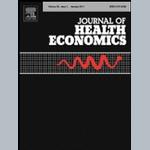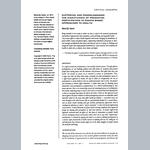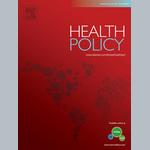The ethics of priority setting in global health
<div class="event-icon"></div> <span>Save this event in my Outlook calendar</span>
<div class="event-icon"></div> <span>Save this event in my Google Calendar</span>
Ottar Mæstad
Maternal and child health is prioritized in most countries. This leads us to give less priority to the treatment of chronic diseases in adults, such as AIDS. What is the basis for such priorities?
Such prioritization is justified within standard health economic models which seek "more health for every penny". The measurement of health is quality adjusted life years, or in development terms: Burden of Disease as measured by Disability Adjusted Life Years (Daly). Many, however, have questioned whether the standard methods used are consistent with our ethical intuitions.
Should non-health costs and consequences of a treatment be considered when its value is assessed? Low income patients endure, for example, high costs of transport to get treatment. This is not included in the cost calculation today. Many would also argue that adults with dependents must receive priority. Some tropical diseases do not cause high morbidity, but have major consequences for school performance. This is also not considered when the benefits of a treatment are calculated. We will present an international collaborative project involving scientists in Bergen, Seattle, Washington DC, India and Ethiopia which aims to develop a better method to calculate the benefit of health care in resource-poor areas, and thus can be helpful when making decisions about what we should prioritize development aid.
Reidar K. Lie is a medical doctor and philosopher. He is Head of the Department of Philosophy at UiB. Ole Frithjof Norheim is professor in medical ethics at UiB and a medical doctor at Haukeland University Hospital.
Publications

Eliciting people's preferences for the distribution of health. A procedure for a more precise estimation of distributional weights
Preventable maternal death: a violation of women's rights
Shades of dignity: exploring the demands of equality in applying human rights frameworks to health

Suffering and powerlessness: The significance of promoting participation in rights-based approaches to health
The right to health, scarce resources, and equity: inherent risks in the predominant legal interpretation

Distribution matters: Equity considerations among health planners in Tanzania
Projects
Ethics of priority setting in health

